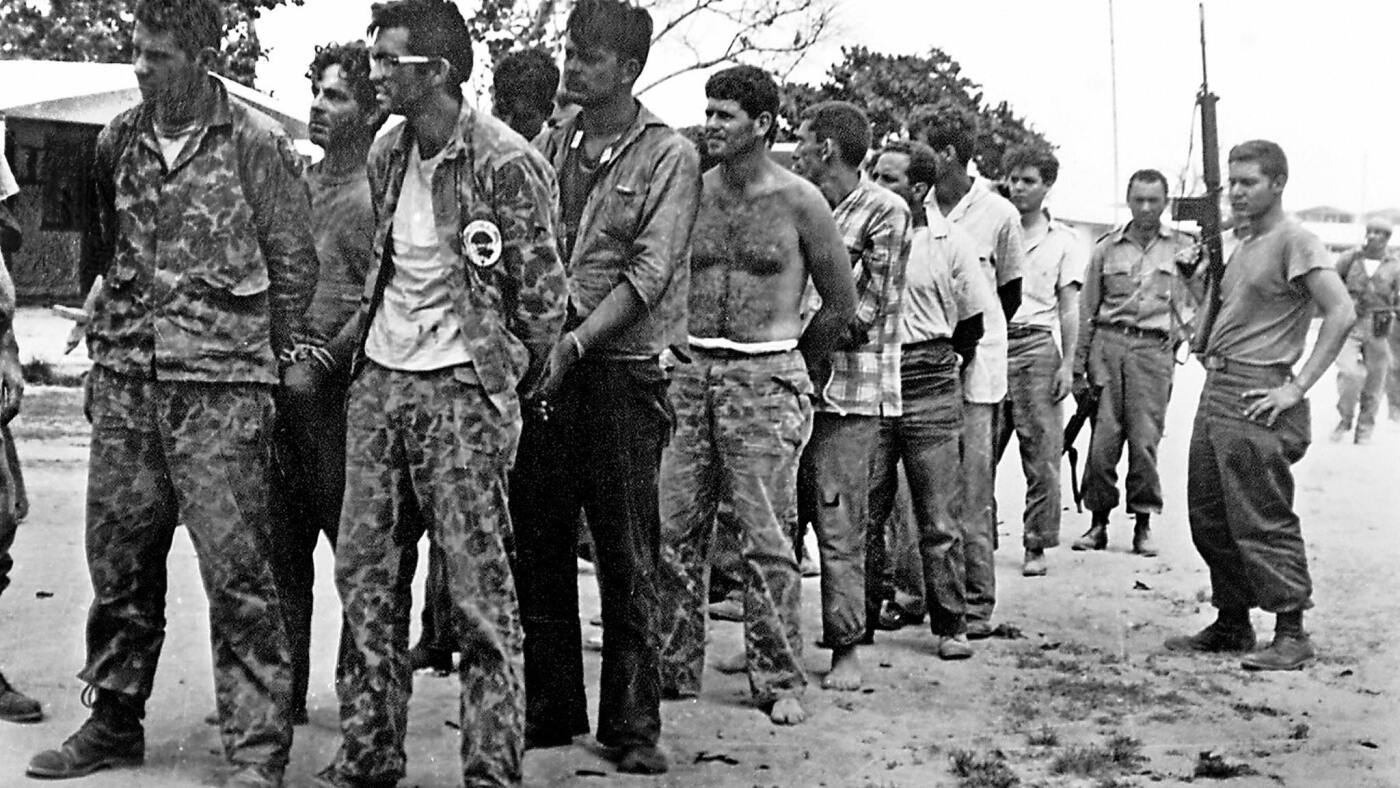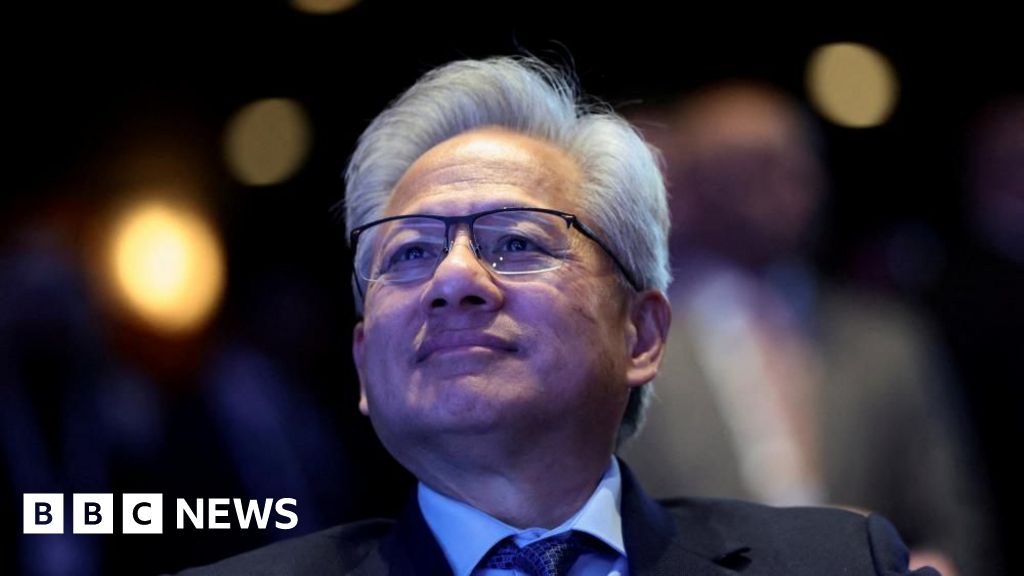Juan Perón (October 8, 1895 – July 1, 1974) was an Argentine military officer, politician, and three-time president of Argentina, serving from 1946 to 1955 and again from 1973 until his death in 1974[1][2][4]. He remains one of the most consequential and controversial figures in Argentine and Latin American history, best known as the founder of Peronism, a political movement that blends elements of nationalism, populism, and social justice, and which continues to shape Argentine politics today[1][2].
Perón began his career in the Argentine Army, rising to prominence after participating in the 1943 military coup that overthrew the civilian government[2]. As Secretary of Labour and Social Welfare, he cultivated strong support among the urban working class by advocating for labor rights, wage increases, and social benefits[1][3]. This base proved crucial in his 1946 presidential election victory, in which he won 56% of the vote[1]. During his first two terms, Perón implemented sweeping social and economic reforms: he nationalized key industries, expanded public works, and promoted industrialization, while also restricting civil liberties and consolidating power through control of the military and state institutions[1][3]. His second wife, Eva "Evita" Perón, became a globally recognized symbol of his administration, championing women's rights and social welfare[1][4].
Perón's presidency faced mounting challenges after Evita's death in 1952, including economic stagnation, conflicts with the Catholic Church, and growing opposition from conservative and military factions[3]. A military coup in 1955 forced him into exile, first in Paraguay and later in Spain, where he lived for 18 years[3][4]. Despite his absence, Perón's influence persisted through the Peronist movement, which remained a dominant force in Argentine politics[2][4]. Legal restrictions on Peronism were lifted in the early 1970s, and Perón was reelected president in 1973, returning to Argentina amid high hopes for national reconciliation[2][4]. However, his third term was cut short by his death less than a year later, leaving his vice president and third wife, Isabel Perón, to succeed him[2][4].
Perón's legacy is deeply polarizing. Supporters credit him with empowering workers and reducing inequality, while critics highlight his authoritarian tendencies, economic mismanagement, and the long-term instability his movement engendered[1][3]. Peronism remains a major political force in Argentina, with recent leaders across the ideological spectrum claiming his mantle, underscoring his enduring relevance in the country's national discourse[2].






